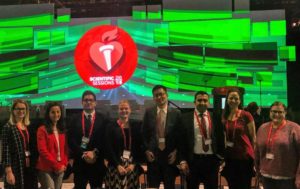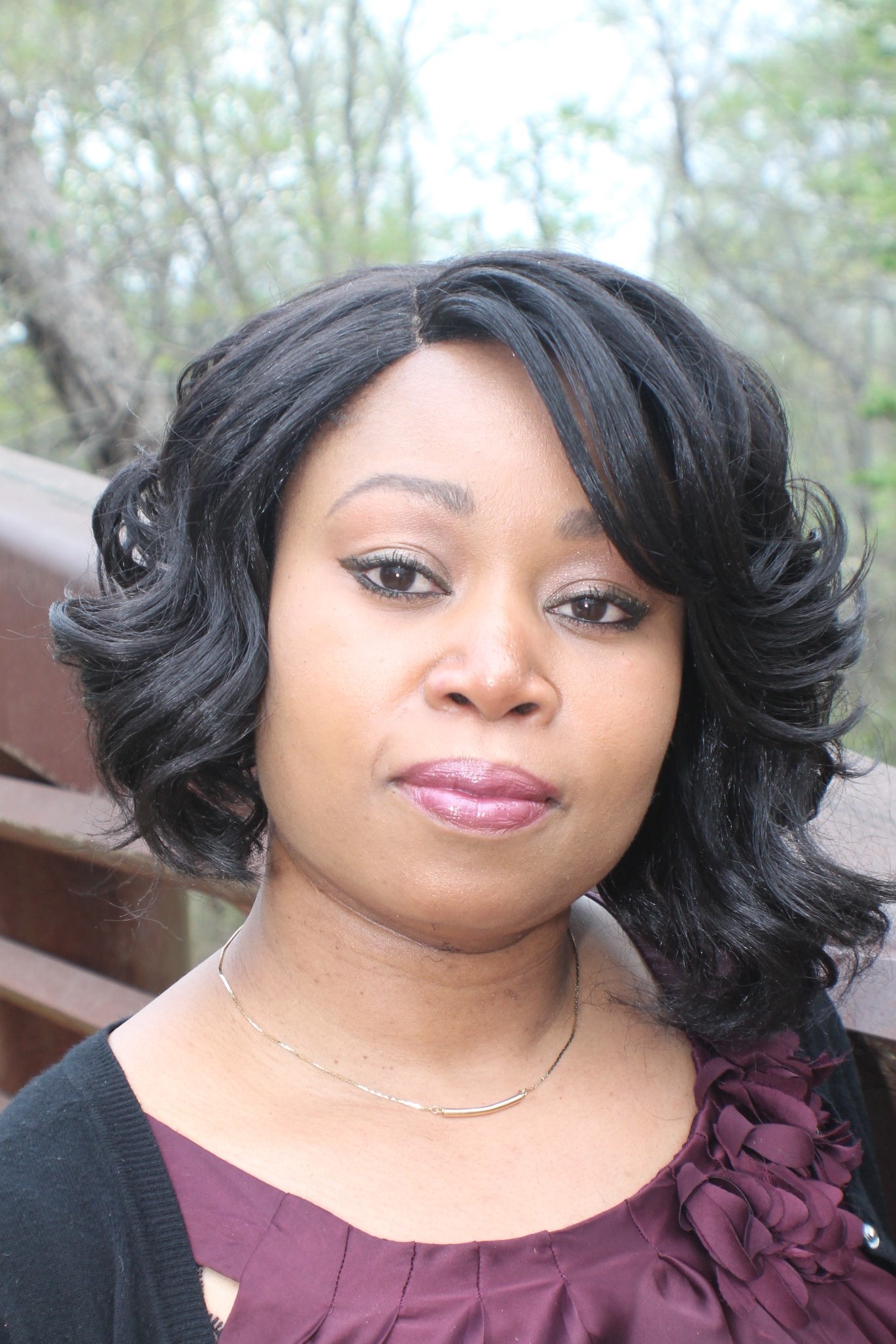Mentorship and Inspiration at Scientific Sessions
Life as a resident physician can be demanding at times. The long hours, the difficult task of cross covering multiple wards, and the emotional toll of caring for sick patients are all factors that can make residency a difficult road to travel. It can be easy to lose sight of the bigger picture and in the process, your empathy. It is important to keep track of where you have been, and more importantly, who you want to become. This is why I believe that mentorship and inspiration play a critical role in medical training. A great mentor can guide you, can celebrate your victories with you, and also, pick you up when you are down. At the same time, inspiration helps you push through difficult times. As residents, we need to identify with and become inspired by those that have gone through the path we are on so that we may fight burnout.
With that in mind, I would like to make the plea to students, residents, and fellows at any level of training to attend the AHA Scientific Sessions next year. Here is why, given my experience this past year at AHA18:
First and foremost, walking into Sessions, you will feel connected to something larger than yourself. You will find thousands of people from different fields of study and walks of life in attendance who have traveled many miles in the name of their dedication to reducing the burden of cardiovascular disease and strokes. This part of the experience really changed how I viewed my own training as a resident, and I began to see my role in the bigger picture.
Second, Sessions provides an opportunity for professional development. Whether you are attending an activity in the Early Career Lounge, or watching a lecture in the main auditorium, you end up meeting influential clinicians and scientists at every turn. You learn more about the challenges they faced in their training, their work ethic, and their inspirations. I found that many had gone through the same uphill battles as me: balancing research and clinical duties, family and work, down to even grasping difficult concepts in cardiology. This resonated with me.
These face-to face interactions help you not only address your own challenges, but also plan out the next steps in your career. Whenever possible, I took the opportunity to discuss a research idea or career choices with the mentors I met at AHA. Whether they supported the idea or played devil’s advocate, they helped me view these ideas in a different way. At the same time, I was able to pitch in my experiences as a resident and a former medical student to help those going through training.
Setting aside time from clinical duties to attend conferences can at times be a difficult endeavor, but I believe that experiencing a national conference such as Scientific Sessions can aid your career. It will help you identify mentors, role models, and potential collaborators.

